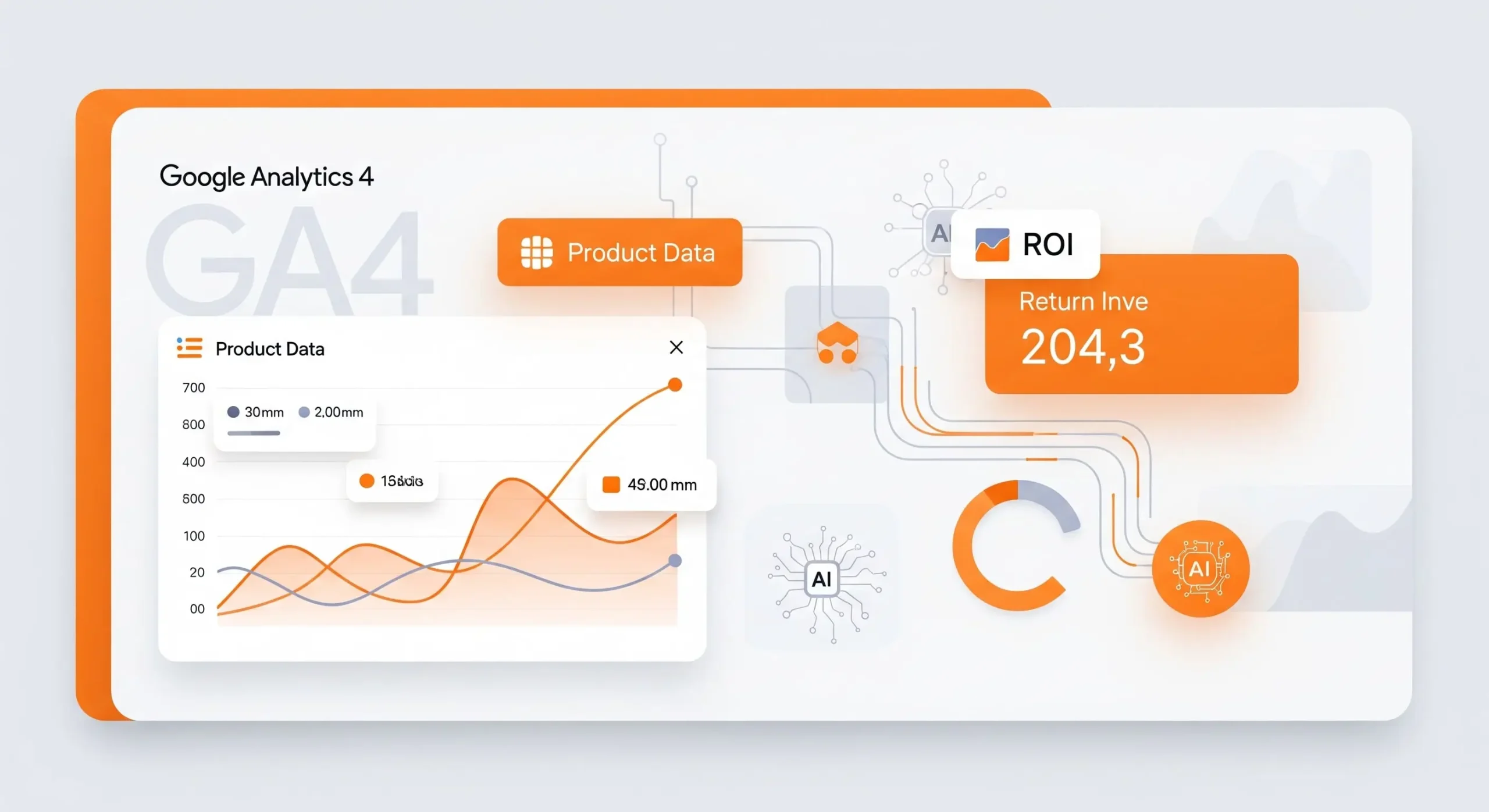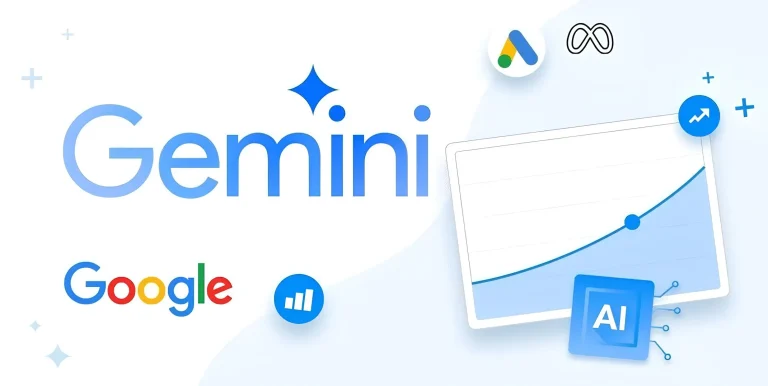The world of digital analytics has undergone a significant transformation with the updates Google Analytics announced this summer. The innovations revealed in June and July include strategic steps ranging from AI-powered decision-making to data quality standards. Here is a comprehensive guide explaining how these changes impact your business:
July 2025 Updates
1. Improvements in Item Data Import (July 14)
You can now directly import item-scoped custom dimensions into Google Analytics. This makes it easier to integrate unique attributes of your products—such as color, size, and material—into your analytics reports on your e-commerce site.
- Why is this important? You can analyze product performance at a more granular level and identify which features drive sales the most.
- Action Step: Define your custom dimensions using the new template under Admin > Data Import.
2. ROI-Focused Budget Management (July 1)
Announced at Google Marketing Live, this feature allows you to compare cross-channel performance in a single dashboard. Machine learning automatically recommends which channels optimize conversion costs.
- Groundbreaking Capability: Identify which touchpoints maximize ROI in complex customer journeys (mobile → web → store).
- Statistic: Beta users achieved up to 22% savings on advertising spend.
3. High-Quality Data Standards (July 1)
New protocols have been implemented to ensure data integrity in compliance with cookie restrictions and privacy laws:
- Enhanced Areas:
- Advanced Data Completion: Missing data points are meaningfully filled using AI.
- Expanded Consent Settings Center: Monitor data collection permissions in real time and generate compliance reports.

June 2025 Updates
Two critical changes announced before July may impact your Analytics reporting as follows:
1. AI Mode Integrated with Search Console Data (June 16)
Traffic from AI Overviews in search results has been included in the total impressions/clicks data in Search Console.
- Impact on Analytics: If you see sudden drops in your organic traffic, it may be because AI Overviews provide information without clicks.
- Solution: Apply the AI Traffic filter in Google Analytics > Acquisition > Search Console report.
2. Structured Data Updates (June 12)
Google is gradually removing support for the Course and some older Recipe schemas.
Analytics Impact: Rich results based on these schemas may disappear.
Proactive Steps:
- Check for “Invalid” warnings in Search Console > Rich Results.
- Implement alternative schemas using Google’s Updated List.
Action Plan for Your Business
- Redefine Your ROI Model
Balance your cross-channel spend with automated predictions using the July budget optimization tools. - Integrate Custom Dimensions into Your Product Strategy
Import product attributes to answer questions like “Why does color X sell better?” - Adapt to AI Overviews
Increase expertise emphasis (EEAT) in your content to reduce the chance of AI showing your content as a direct answer.
Data Is the New Language of Strategy
These updates are concrete steps toward Google’s vision of merging business intelligence with analytics. In the second half of 2025, as AI’s role in reports grows, data quality and user privacy criteria will be at the center of marketing decisions. Restructuring your data today puts you a step ahead in tomorrow’s competition.





